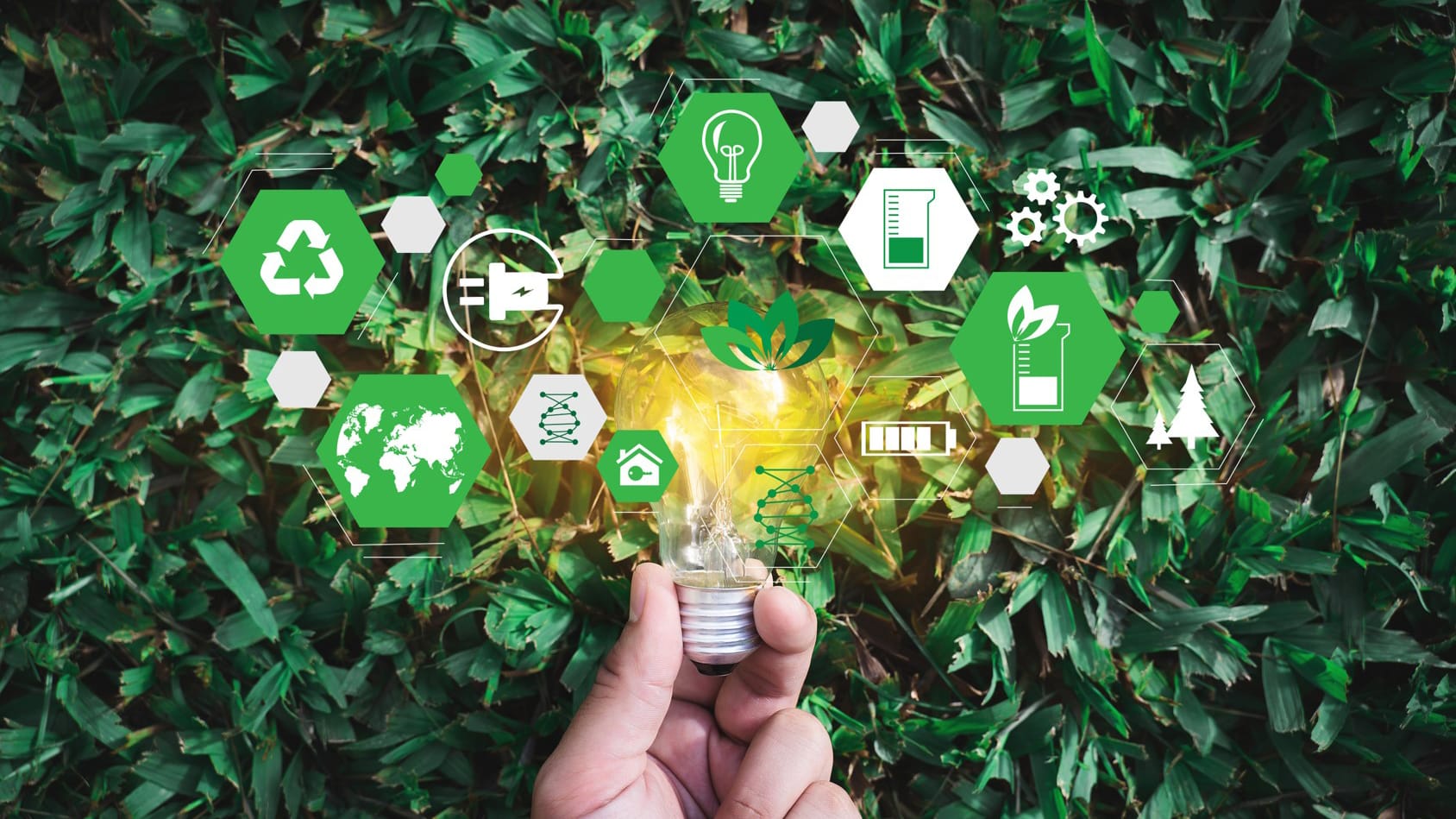Sustainable development has a central place in numerous global laws, action plans, protocols, and agendas, especially in the period after 2015, when the 17 United Nations’ Sustainable Development Goals were formulated. The Sustainable Development Goals are defined in the broader framework of Agenda 2030, which aims to reduce and/or completely eliminate the negative consequences of climate change on the environment, resulting in prosperity and meeting the needs of global society without jeopardizing the availability of resources for future generations. The Sustainable Development Goals are grouped in accordance with the pillars of sustainability, and in addition to the protection of natural resources, it is necessary to ensure economic development and social equality.
In the context of business, sustainability is measured through the effect on the environment, society, and economy, thus showing the degree of maturity and responsibility, but also the speed of adaptation to sustainable business models.
The long-term benefits of such a transformation include, in addition to environmental and social responsibility, significant financial gains for companies and large savings in the successful implementation of sustainable practices, but also better positioning in negotiations with investors, who are proven to be willing to pay more for a share in a company that has a clear and targeted sustainability strategy.
Sustainabilityepicentar.tech2023-05-10T18:38:47+00:00

